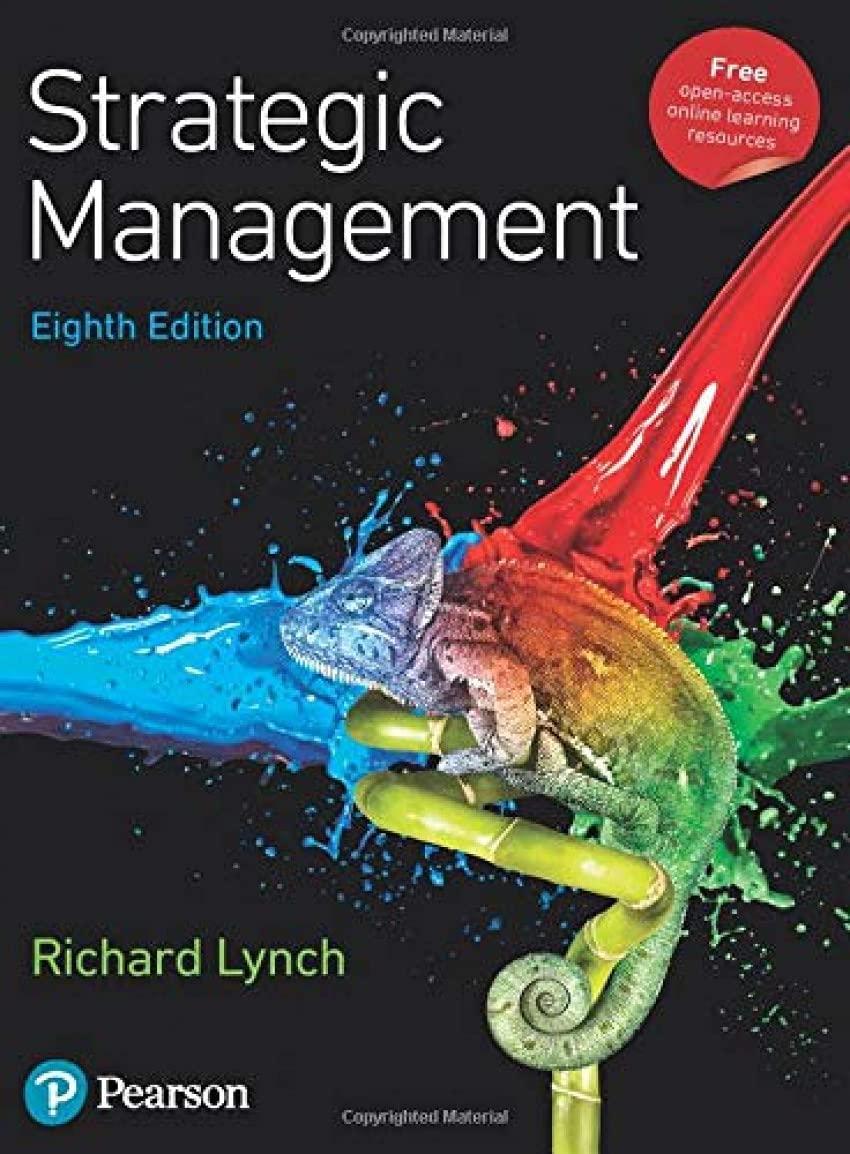Question
In the field where you are earning your degree or your Prior Learning Assessment credit (organizational leadership major), are there various frameworks or schools of
In the field where you are earning your degree or your Prior Learning Assessment credit (organizational leadership major), are there various frameworks or "schools of thought"? Do people have differences of opinion about them? Describe them.
- Bodies of Knowledge or Schools of Thought
- 1. Sullivan & Rosin. Notes 2008
Have you changed your mind between different theories, approaches, or "schools of thought" in your work as a waitress? How did the change in your thinking happen and why?
(1. Sullivan & Rosin. Notes 2008)
Have you had to explain different approaches to someone new at work, or to someone new in your volunteer activities? What was it like explaining it, as compared to doing it?
(1. Sullivan & Rosin. Notes 2008)
Do you feel like you have a variety of different knowledge from different perspectives about what you do? How did you learn to be "versatile" in the learning you achieved?
(3. Fiddler & Marienau. Events Model of Learning From Experience)
- Ambient attention is like white noise that one pretty much gets used to and learns to ignore - like the lawnmower or leaf blower or the smell of coffee brewing.
- Salient attention occurs when something jumps out at us and grabs our attention.
- Focalized attention occurs when there is external motivation, like when our attention is directed towards something by someone.
In reflecting on your past experiences, did you come to a stage in your own development when you could see how "complex" a situation was - more so than people who were new to your work or volunteer experiences? What activities did you engage in that gave you this complex understanding?
(4. Kolb. The Three Phases of Reflection and the Self)
Looking back on your prior learning, are there times when you have changed your outlook, or self-transformed? Do you feel that you came to a point in your development when you were more able to change your approach, or you could "see the big picture" and that gave you courage to change how you did things or make new suggestions to people ranking above you?
- 8. Kegan & Lahey. Three Phases. Socialized, Self-Authoring, Self-Transforming
- 9. Kegan & Lahey. Three Phases Part II. Subject and Object
Step by Step Solution
There are 3 Steps involved in it
Step: 1

Get Instant Access to Expert-Tailored Solutions
See step-by-step solutions with expert insights and AI powered tools for academic success
Step: 2

Step: 3

Ace Your Homework with AI
Get the answers you need in no time with our AI-driven, step-by-step assistance
Get Started


